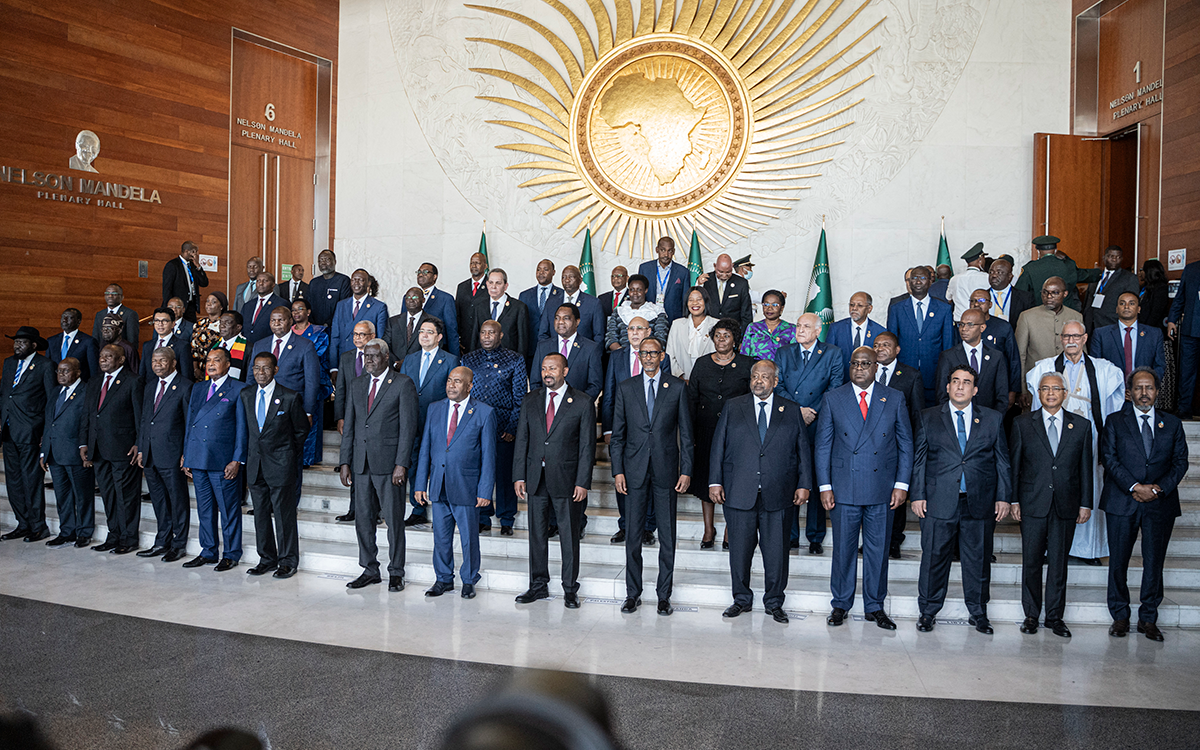***U.S. State Department Urges Global Action in 2025 Trafficking in Persons Report, Calls for Disruption of Criminal Networks** 
**WASHINGTON D.C.** – In its newly released *2025 Trafficking in Persons (TIP) Report*, the U.S. Department of State has issued a forceful call for governments worldwide to intensify efforts against human trafficking, emphasizing the need to dismantle profit-driven criminal organizations exploiting vulnerable populations. The report, published this week, coincides with the 25th anniversary of the U.S. Trafficking Victims Protection Act (TVPA) and the UN Palermo Protocol, landmark frameworks that have shaped global anti-trafficking strategies.
This year’s findings reveal alarming trends: trafficking networks increasingly leverage digital platforms, global supply chains, and migratory routes to facilitate cross-border exploitation. The U.N. estimates that over 200,000 victims were detected globally between 2020 and 2023—a figure believed to represent only a fraction of actual cases.
### **Key Themes: Organized Crime and Systemic Gaps**
The report underscores that **74% of traffickers operate within organized criminal groups**, enabling longer trafficking distances, heightened violence, and unprecedented profitability. Forced labor and sexual exploitation remain prevalent, though traffickers have expanded into coercing victims into cyber scams and drug smuggling.
Challenges in judicial response persist. Many countries struggle with proactive investigations, cross-border cooperation, and survivor-centered protections. The TIP Report urges governments to:
- **Strengthen law enforcement** and financial investigations to disrupt trafficking revenue streams.
- **Enhance victim identification** in high-risk zones such as airports and border crossings through trained personnel and public awareness campaigns.
- **Adopt technology-driven solutions** to identify online recruitment tactics while safeguarding victims’ privacy.
### **U.S. Initiatives and International Partnerships**
The State Department’s Office to Monitor and Combat Trafficking in Persons (TIP Office) is leveraging grants and multilateral partnerships to address these gaps. Through the **Program to End Modern Slavery (PEMS)**, the agency is funding rigorously evaluated interventions to build an evidence base for effective anti-trafficking policies. The program prioritizes local expertise and partnerships with governments, academia, and civil society.
However, the global anti-trafficking response faces sustainability challenges. Recent disruptions in U.S. foreign aid, including USAID funding freezes, have threatened the stability of critical monitoring programs and victim support services, particularly in regions with scarce national funding. La Strada International and other civil
**WASHINGTON D.C.** – In its newly released *2025 Trafficking in Persons (TIP) Report*, the U.S. Department of State has issued a forceful call for governments worldwide to intensify efforts against human trafficking, emphasizing the need to dismantle profit-driven criminal organizations exploiting vulnerable populations. The report, published this week, coincides with the 25th anniversary of the U.S. Trafficking Victims Protection Act (TVPA) and the UN Palermo Protocol, landmark frameworks that have shaped global anti-trafficking strategies.
This year’s findings reveal alarming trends: trafficking networks increasingly leverage digital platforms, global supply chains, and migratory routes to facilitate cross-border exploitation. The U.N. estimates that over 200,000 victims were detected globally between 2020 and 2023—a figure believed to represent only a fraction of actual cases.
### **Key Themes: Organized Crime and Systemic Gaps**
The report underscores that **74% of traffickers operate within organized criminal groups**, enabling longer trafficking distances, heightened violence, and unprecedented profitability. Forced labor and sexual exploitation remain prevalent, though traffickers have expanded into coercing victims into cyber scams and drug smuggling.
Challenges in judicial response persist. Many countries struggle with proactive investigations, cross-border cooperation, and survivor-centered protections. The TIP Report urges governments to:
- **Strengthen law enforcement** and financial investigations to disrupt trafficking revenue streams.
- **Enhance victim identification** in high-risk zones such as airports and border crossings through trained personnel and public awareness campaigns.
- **Adopt technology-driven solutions** to identify online recruitment tactics while safeguarding victims’ privacy.
### **U.S. Initiatives and International Partnerships**
The State Department’s Office to Monitor and Combat Trafficking in Persons (TIP Office) is leveraging grants and multilateral partnerships to address these gaps. Through the **Program to End Modern Slavery (PEMS)**, the agency is funding rigorously evaluated interventions to build an evidence base for effective anti-trafficking policies. The program prioritizes local expertise and partnerships with governments, academia, and civil society.
However, the global anti-trafficking response faces sustainability challenges. Recent disruptions in U.S. foreign aid, including USAID funding freezes, have threatened the stability of critical monitoring programs and victim support services, particularly in regions with scarce national funding. La Strada International and other civil



You must be logged in to post a comment.